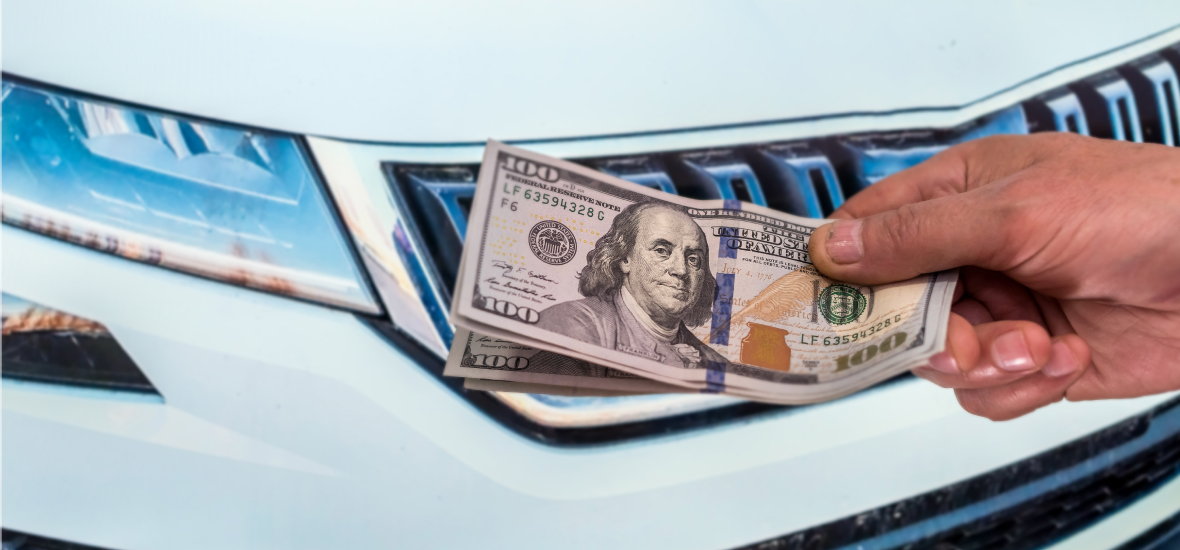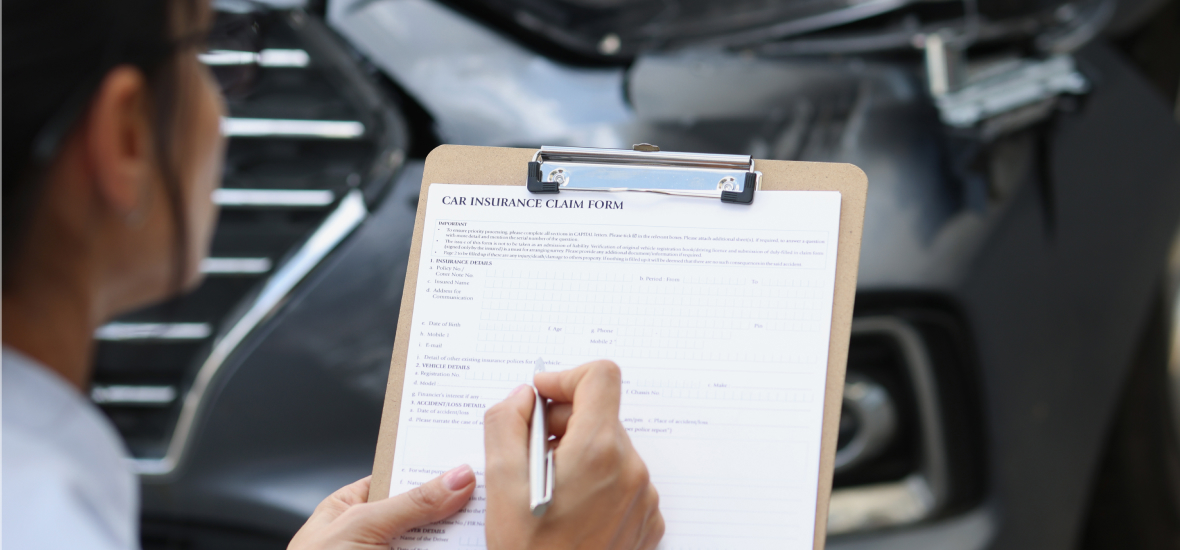
What Is Considered Good Mileage for A Used Car?
Mileage is one of the prominent issues you need to address when buying a used vehicle. It gives an indication of the possible degree of wear and tear the vehicle has endured. It should be always used in combination with other factors before deciding on whether a vehicle is ideal to buy or not. When in the market for a used car, it is important to have an idea of what a good mileage for a used car is. This will help you make a faster decision regarding what to buy. It also makes it easy to go through a car catalogue to find the ideal for your specific needs. Some of the considerations you need to make when assessing a vehicle’s mileage include:
Know About Average Annual Driving Distances in your area
On average, people drive around 14,000 miles a year in the United States. This means that if you are viewing a 5-year-old vehicle, having a mileage of around 60 to 80 thousand miles should be normal. When the value on the odometer is far from this, it should be worrisome, and you should try and find out why this is so. If the mileage is significantly higher than this average, it may signify higher wear and tear rates, and this could in turn make the vehicle a bad purchase since you may need to spend a lot of money on repairs.
You should find out the average annual mileage that a vehicle has in your area and use this as a guide to determining the utility of the vehicle’s mileage.
Consider the Vehicle’s Utility
When assessing good mileage for a used car, you should also consider what the vehicle was used for. A car that is meant for commercial purposes is likely to be driven continuously for longer distances compared to a luxury vehicle. The latter may only be used for short trips, such as to work and back. Classic cars, on the other hand, are likely to be very rarely driven. Luxury vehicles are also likely to be sold after a few years when newer models come out, so the mileage may be exceptionally low on them. If you find such a vehicle to have a remarkably high mileage, you should query how it was used.
Find out the Age Group that the Vehicle Appeals to
When considering a vehicle’s mileage, also try to find out what age group buys that model most. If you buy a vehicle that is popular among young adults, you may expect it to have high mileage and dodgy maintenance histories. Vehicles of these kinds tend to be involved in many accidents since they are principally used by young adults who may not have a lot of experience driving. In such a case, a vehicle may have low mileage, but will still have numerous mechanical problems.
These are just some of the issues you should consider when considering if a vehicle has good mileage for a used car. You can always consult us for more information regarding purchase of high quality used and new cars of any type with minimal problems.








